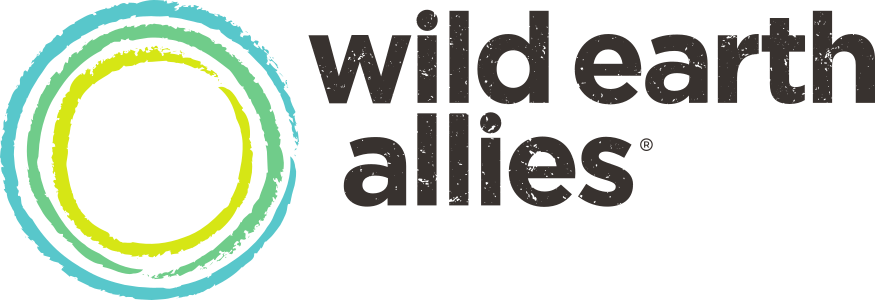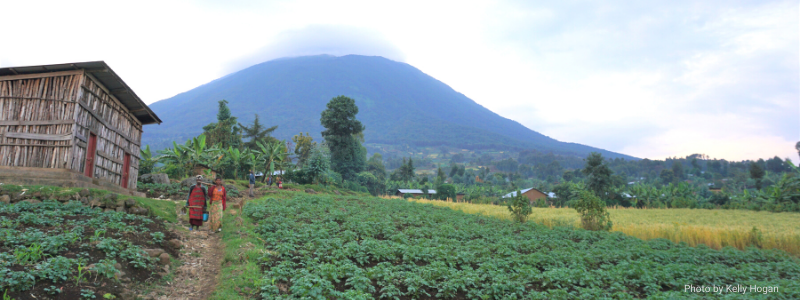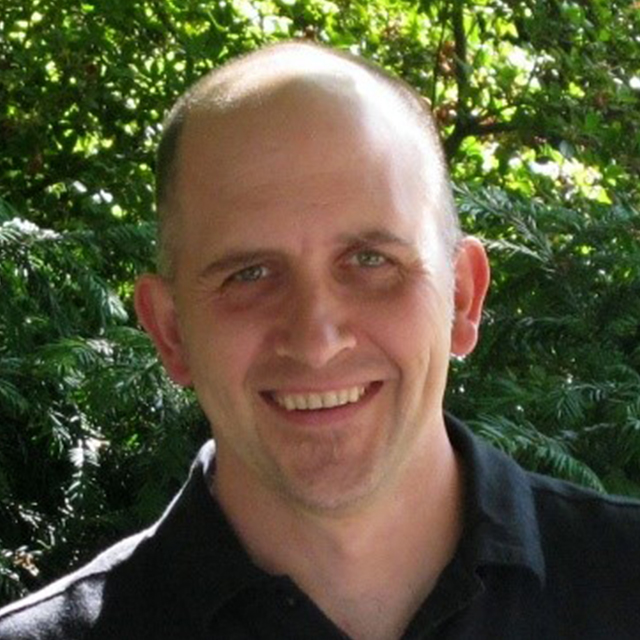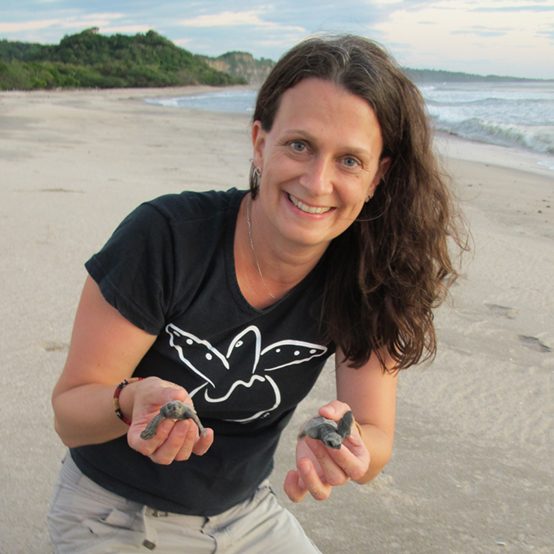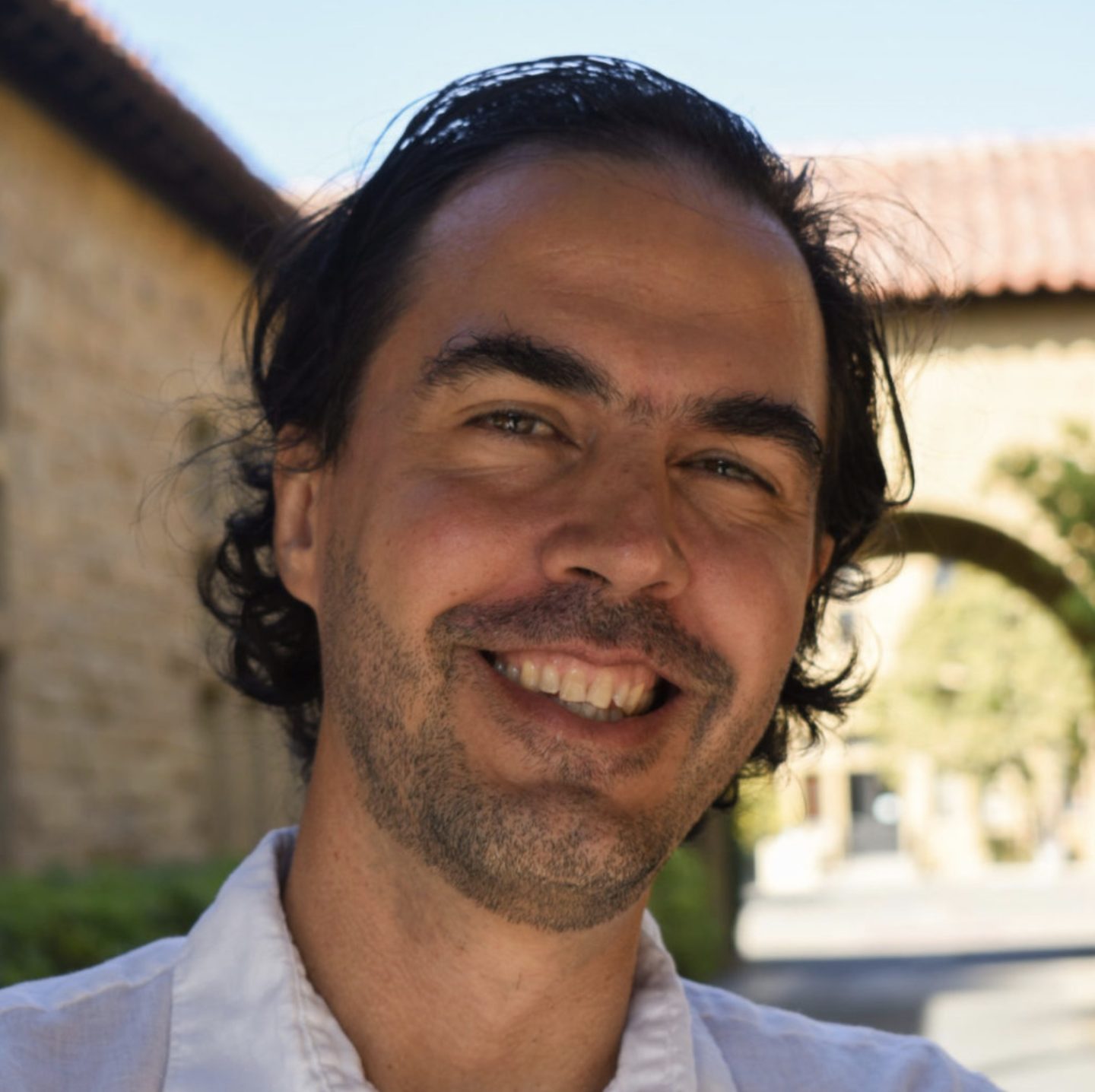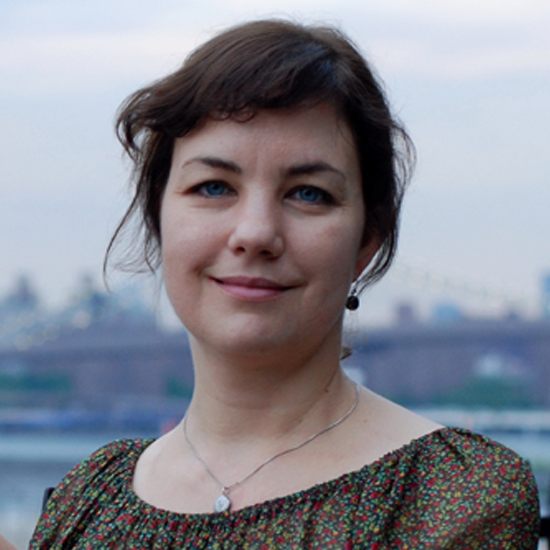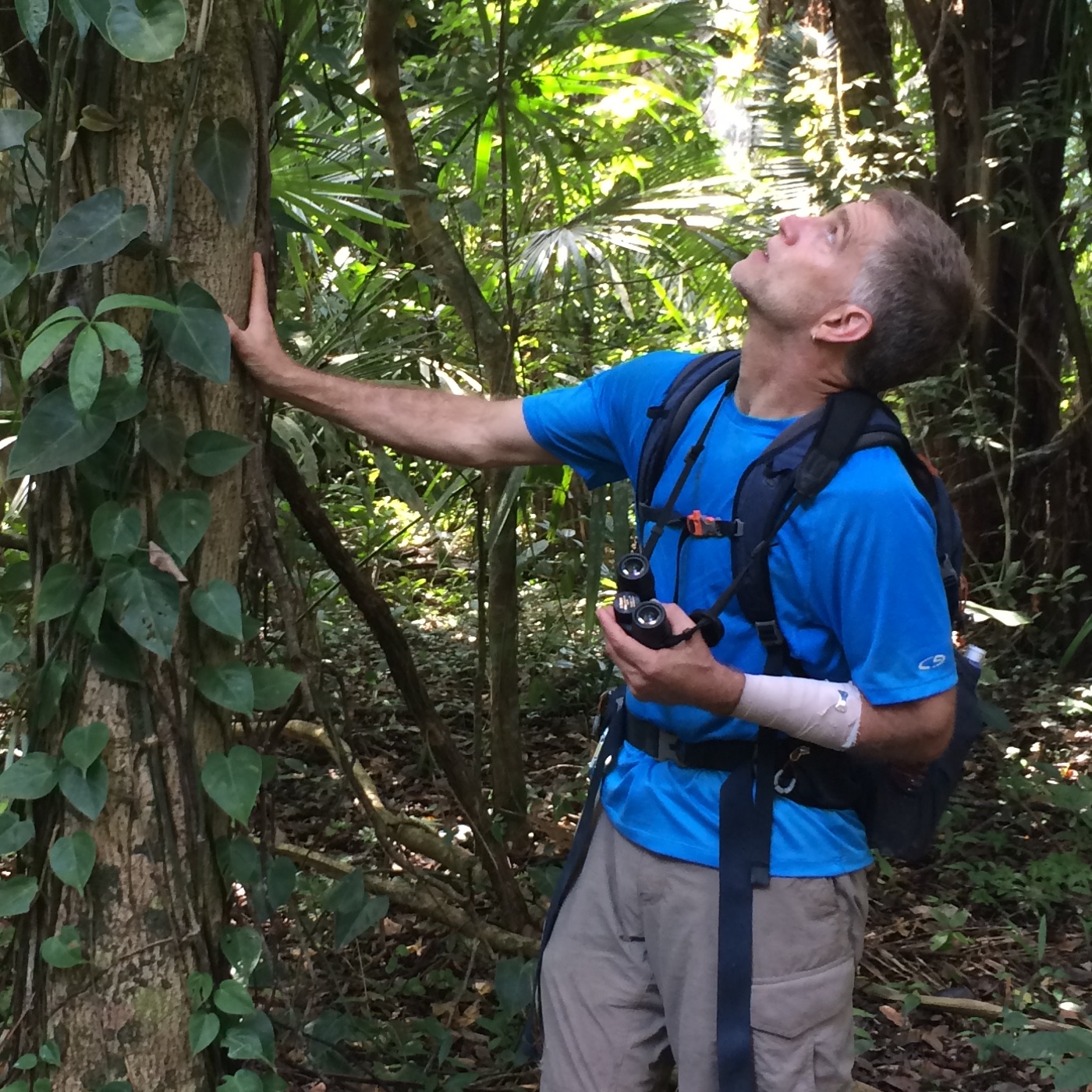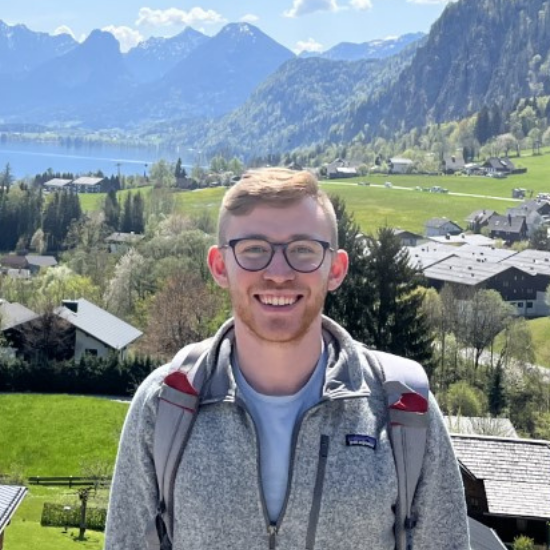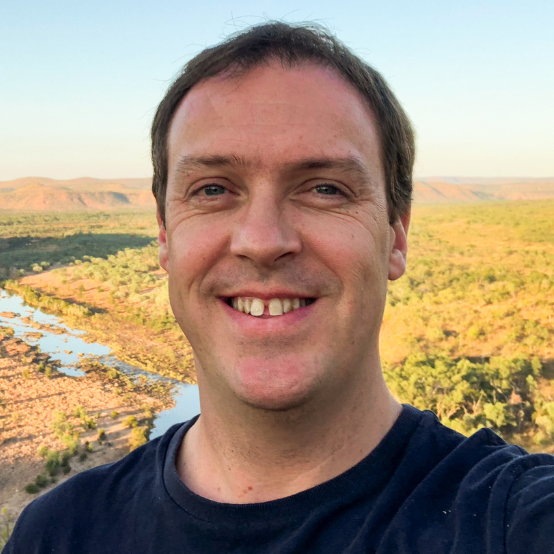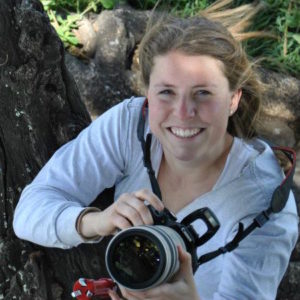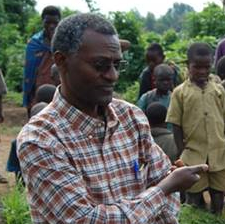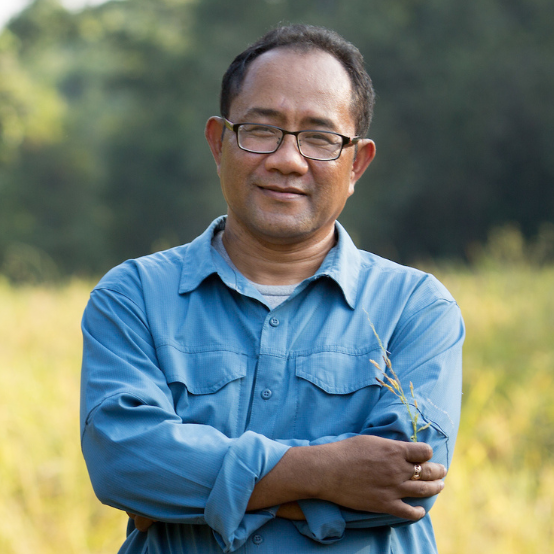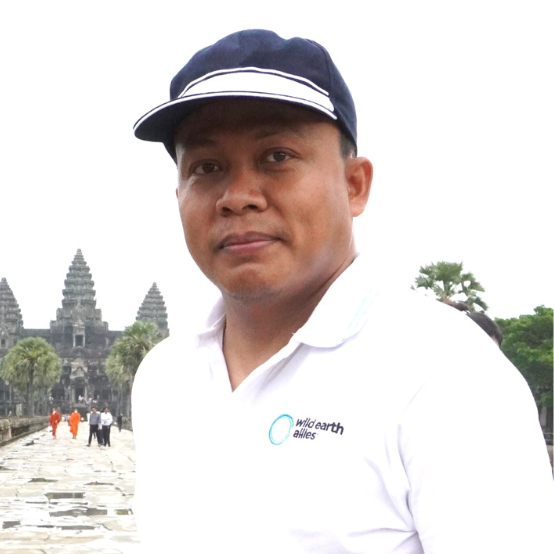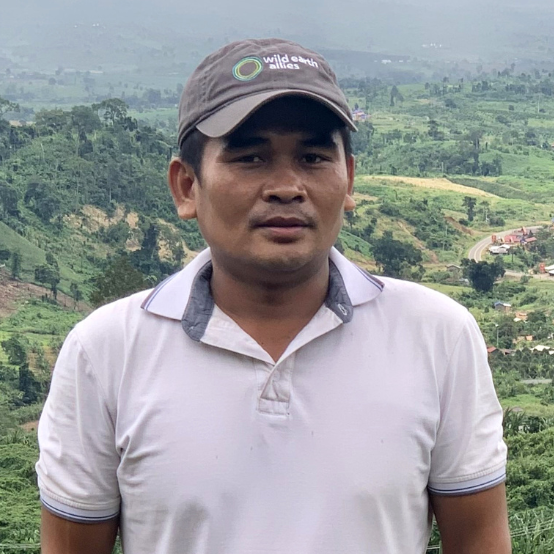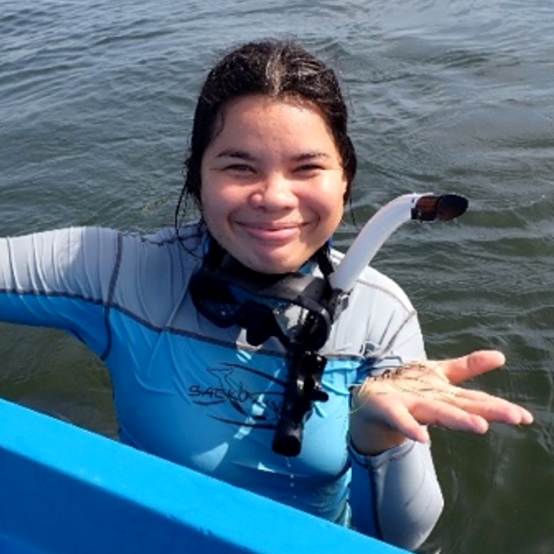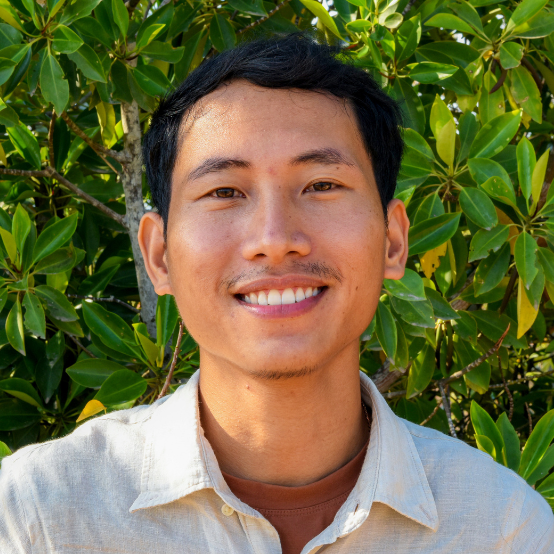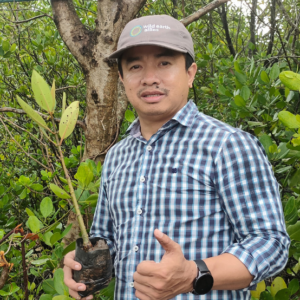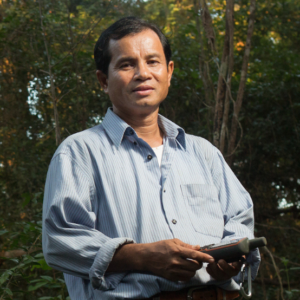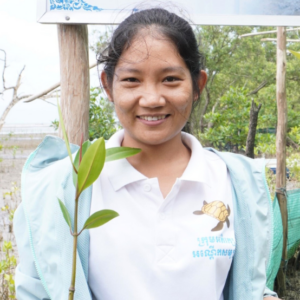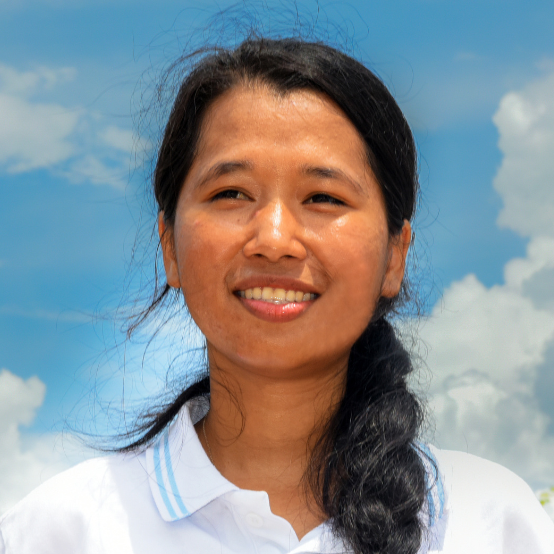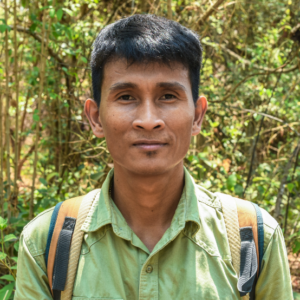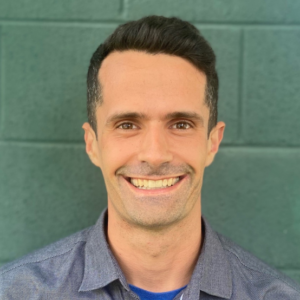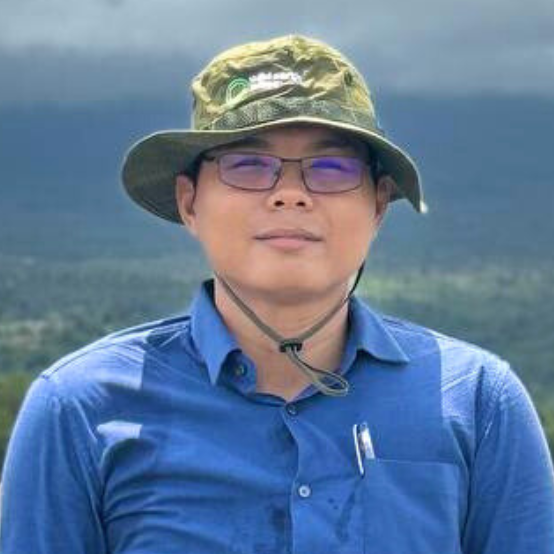In the foothills of Rwanda’s Volcanoes National Park where we long worked on mountain gorilla conservation, many families walk upwards of 3 hours to collect water. This strenuous chore can result in children missing school and leaves women with little time to devote to other ventures. It also inadvertently threatens gorillas when people enter the park to access water.
In response, we launched a partnership with Athanasie Mukabizimungu and the women-led cooperative she formed called Imbereheza Gahunga to build household water tanks in three communities. With generous support from Newman’s Own Foundation, we first implemented a pilot program in 2018, building the first 50 tanks which are now providing daily water to more than 600 people.
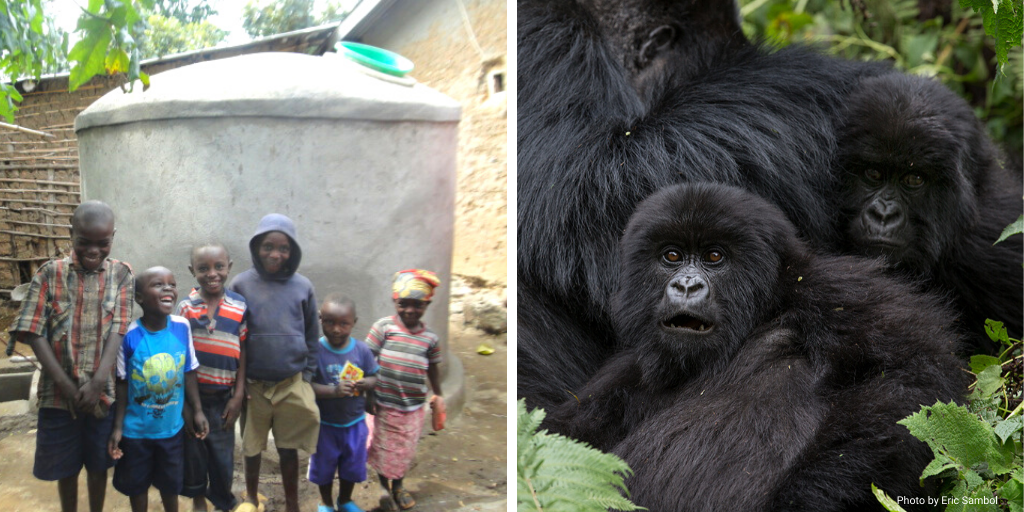
Recently, our Conservation Advisor Eugène Rutagarama teamed with Athanasie to survey these families and get their feedback. This confirmed the project is a real “win-win” for people and gorillas. Here are a few highlights we are celebrating as we get ready to scale this work:
- Children staying in school: 78% of families reported their children sometimes missed school to help fetch water prior to receiving water tanks. Afterwards, all of these families reported their children were no longer missing school to help collect water.
- Increased harmony with neighbors: 94% of families reported having enough water to share with neighbors which improved their social standing and community relationships.
- Improved hygiene: Of the many benefits reported, having enough water to keep their families and homes clean was a big one.
- Reduced health problems: Many women reported neck and back pain when they needed to collect water far from their homes. Their pain was relieved with local access to water from household tanks.
- More time for other things: 96% of households reported collecting water daily before water tank construction, which translates to savings of 3 hours on average each day for other ventures.
- Threats to mountain gorillas reduced: While some families with water tanks still reported a small water shortage in the dry season, no one reported still needing to enter Volcanoes National Park to collect water.
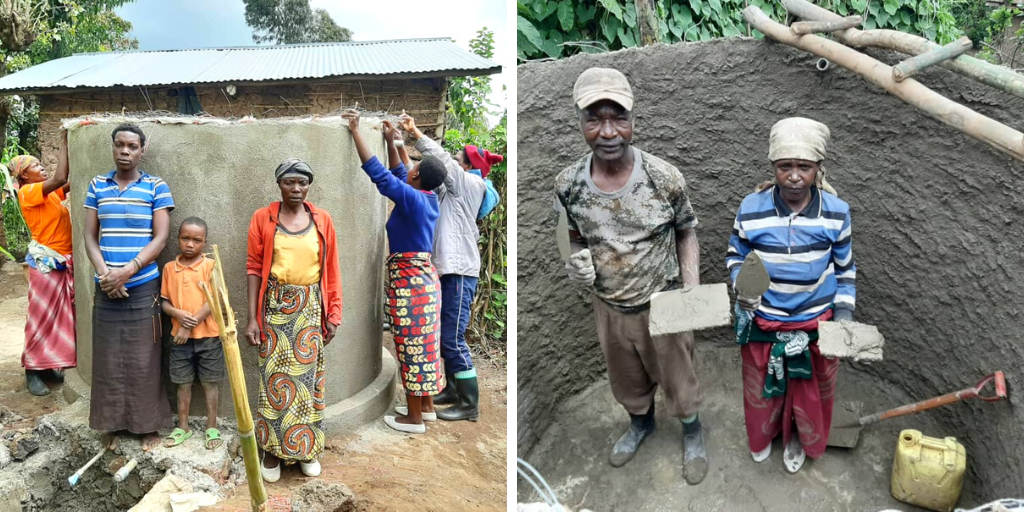 Project beneficiaries work with Imbereheza Gahunga cooperative members to construct their tanks.
Project beneficiaries work with Imbereheza Gahunga cooperative members to construct their tanks.
We were able to complete the next 30 water tanks in December 2019 thanks to several generous supporters. This phase included some of the most marginalized families in the region who did not participate in the pilot phase. For these tanks, most of the labor was provided by women, many of whom are now working with Imbereheza Gahunga – a positive example of what they can do with the time they save not having to collect water far from their homes.
One of the newest tank recipients, Louise Nyirabagande, is a single mother raising seven children on a household plot measuring less than 100 square-feet. To feed her children she must work on neighbors’ farms. When Eugène spoke with her about gorilla conservation and being granted a water tank, Louise was enthusiastic. She said she will do whatever it takes to deserve the treasure that she called the water tank, “With my water tank, I will be able to give some water to my neighbors and therefore be considered as useful to my community… and I will have plenty of water to clean myself, my clothes, my children and my house.”
We are eager to scale this work and estimate 500 household water tanks will be necessary to provide enough water to all families living in the communities of Gahunga, Rugarama and Cyanika. If you’d like to support this work, please consider making a donation. For reference, one water tank costs $1,000 (inclusive of materials, training, and quality check-ins).
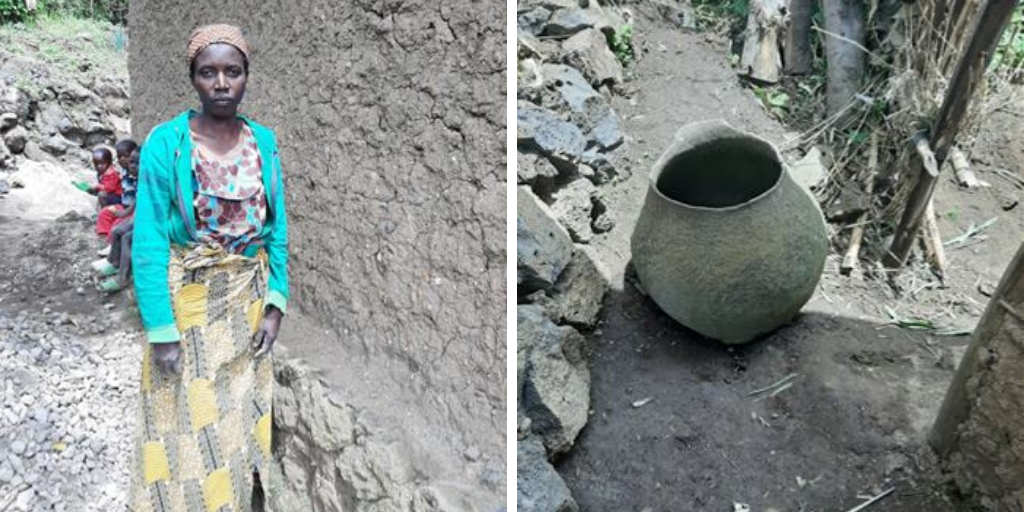 At left, one of the newest tank recipients, Louise Nyirabagande, said her water tank was a “treasure.” At right, the rainwater collection tank Louise previously used to collect water for her family of 8.
At left, one of the newest tank recipients, Louise Nyirabagande, said her water tank was a “treasure.” At right, the rainwater collection tank Louise previously used to collect water for her family of 8.
To learn more about the work Wild Earth Allies is doing around the world, please visit www.wildearthallies.org. And please consider supporting our work. Donate today.

